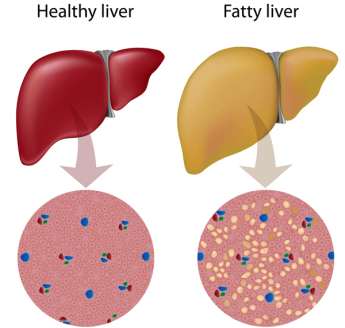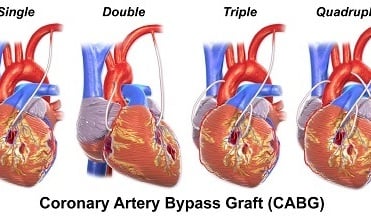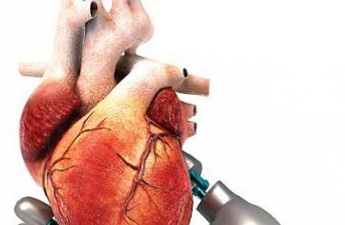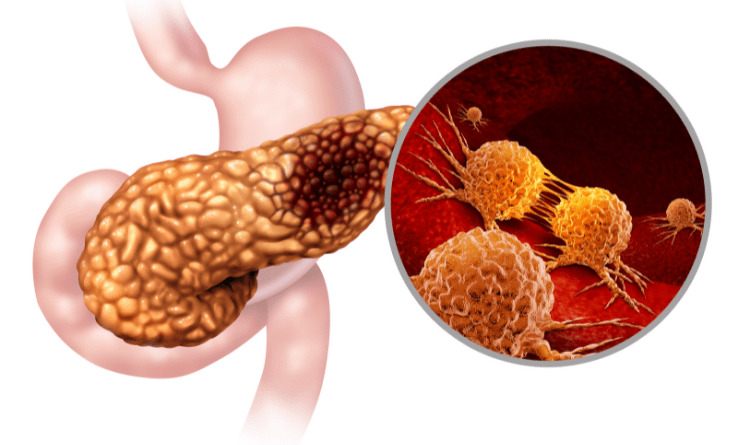Category : Intestine
Hepatic steatosis is another name for fatty liver.

What is hepatic steatosis or fatty liver?
Hepatic steatosis is another name for fatty liver. It happens when fat builds up in the liver. Small amounts of fat in the liver are normal, but too much can be harmful to your health. The liver is the second largest organ of our body which help in digestion ( absorption of nutrients from food and drink ) and filters harmful substances from our blood. This is mainly of two types
When fatty liver develops in someone who drinks too much alcohol, Over time, too much alcohol leads to a buildup of fat inside your liver cells. This makes it harder for your liver to work, It may develop into alcoholic cirrhosis over time, this is commonly known as alcoholic fatty liver disease (AFLD), in non-alcoholic fatty liver disease (NAFLD) Fatty liver develops in someone who doesn’t drink too much alcohol.
Symptoms of Fatty Liver Disease
There are usually no symptoms for fatty liver, but some people develop complications, including liver scarring, it is commonly known as liver fibrosis and when liver fibrosis becomes severe it’s known as cirrhosis. Cirrhosis cause symptoms such as:
Causes and Risk Factors
Prevention and reversal of the fatty liver disease
This is a situation that may easily be avoided. Because the disease may not show any obvious symptoms, prevention is essential. The following are some helpful hints for preventing it:
Get in Touch with Medical Experts
Most Searched Blog

Heart Surgery
26,Apr,2023
Read more

Heart Transplant
26,Apr,2023
Read more

Atrial Septal Defect
26,Apr,2023
Read more

Stomach Cancer
26,Apr,2023
Read more